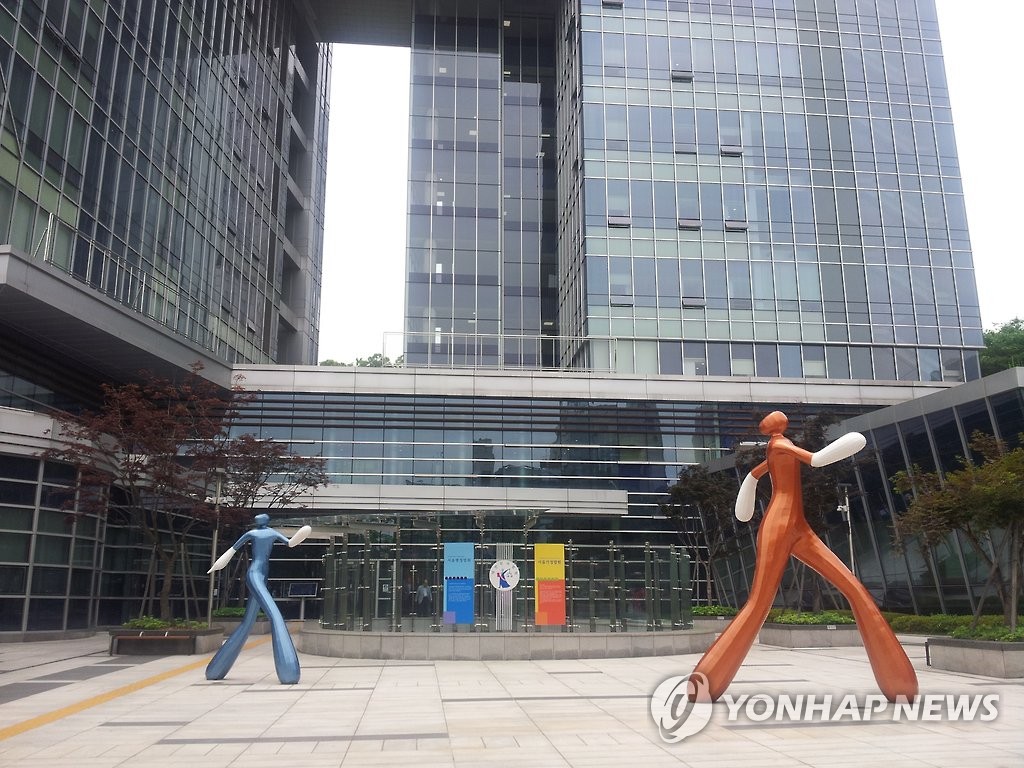- California Assembly OKs highest minimum wage in nation
- S. Korea unveils first graphic cigarette warnings
- US joins with South Korea, Japan in bid to deter North Korea
- LPGA golfer Chun In-gee finally back in action
- S. Korea won’t be top seed in final World Cup qualification round
- US men’s soccer misses 2nd straight Olympics
- US back on track in qualifying with 4-0 win over Guatemala
- High-intensity workout injuries spawn cottage industry
- CDC expands range of Zika mosquitoes into parts of Northeast
- Who knew? ‘The Walking Dead’ is helping families connect
Court partially accepts petition against Seoul’s COVID-19 ban on on-site church services
- A Seoul court on Friday partially accepted a petition filed by a group of Christian churches against the city’s ban on on-site worship services imposed during the ongoing fourth wave of COVID-19 infections.
The Seoul Administrative Court made the decision after seven churches and other pastors in Seoul requested earlier this week the court suspend the city’s prohibition of offline church services.
The decision allows religious groups to hold worship services at 10 percent capacity, given that the gathering consists of fewer than 20 people.
In delivering the decision, the court cited inequality of the city’s prohibition of religious services in comparison with department stores, wedding halls and funeral homes which were allowed to continue operations in a restricted manner.
“The all-out ban on on-site religious events is feared to have a potential to fundamentally infringe upon basic rights because there are religious groups practically unable to provide contactless services due to a lack of material or personnel resources,” the court also said.
Starting Monday, Seoul and its adjacent areas went into a semi-lockdown under the highest Level 4 social distancing in the wake of an upsurge in confirmed COVID-19 cases.
Gatherings of more than two people were banned after 6 p.m. while religious institutions were allowed to host online services only.
The court said the essential anti-virus measures, such as keeping proper distance between attendees and mask-wearing, should be strictly observed when on-site services are held.
Religious institutions that have past records of violating infectious disease prevention measures, however, will not be allowed to provide offline services or other group activities, it added.

This image shows the Seoul Administrative Court. (Yonhap)











